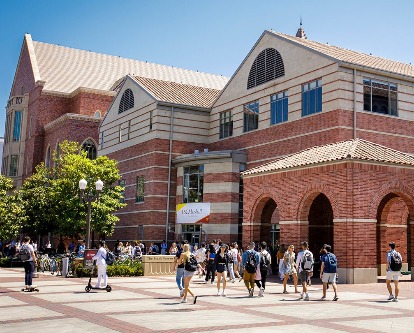
Marshall Faculty Publications, Awards, and Honors: August 2024
We are proud to recognize the many accomplishments of Marshall’s exceptional faculty, including recently accepted and published research and achievements in their field.
Mohammed Alyakoob is an Assistant Professor of Data Sciences and Operations in the Marshall School of Business at the University of Southern California. His research examines the economic and societal impact of digital marketplaces, with a focus on examining and measuring the role of traditional barriers, related to market structure, demographics, and expertise, among others, on limiting the equality of benefits derived from these platforms. His research has been covered by various media outlets including the Washington Post, Chicago Tribune, and LA Times. At the Marshall School of Business, he teaches graduate courses in the MBA and MSBA programs.

NEWS + EVENTS
COURSES